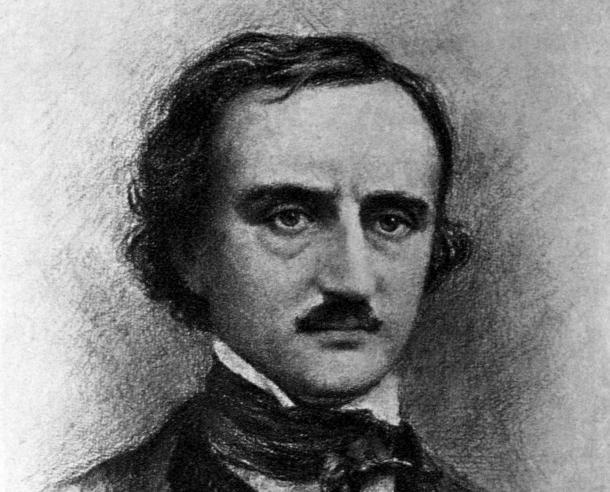Edgar Allan Poe – An Introduction

Poe was unofficially adopted by foster parents after his father had mysteriously disappeared and his mother died. He received a good education, but he fell out with his foster father, who wanted him to go into his tobacco business. He was expelled from university due to debt problems, and after a short military career (where he enlisted under a false name), he had different editing jobs for publishing companies.
Poe had a talent for writing, and he published essays, poems, and stories in several periodicals. But his private life was dominated by gambling and alcohol. He secretly married his 13-year-old cousin, Virginia, who some years later died of tuberculosis. Her death left Poe deep in grief. Poe's poems and stories became popular, and he even won a prize of fifty dollars for one of his early short stories. But he was unable to hold a permanent position, due to his struggle with anxiety and alcoholism. The circumstances around his death in 1849 are mysterious.
Edgar Allan Poe introduced what later has become an immensely popular literary genre: the detective genre. His popular and thrilling short story 'The Murders in Rue Morgue', is said to be the first detective story ever. Where Poe really shone, however, was when he wrote Gothic fiction. The reading audience loved, and still love, the thrilling and mystic narratives where strange and disturbing things happen. The dream-like settings of e.g. 'The Raven' and the strange, mysterious events of 'The Fall of the House of Usher' are intriguing and spur the imagination of the reader. Another interesting work is 'A Descent into the Maelström' which is a strange story set in Lofoten, a place Poe probably never visited.
We find the legacy of Edgar Allan Poe in today’s detective fiction and in horror stories and movies, and he is still among the most popular American authors. His literary thesis is that man’s response to events and time is universal; whatever happens, the human reaction is the same regardless of setting and personality. His overall production totals only forty-eight poems and a dozen or so short stories, but his literary qualities and the originality of his plots put him in the front line of influential writers from the 19th century.